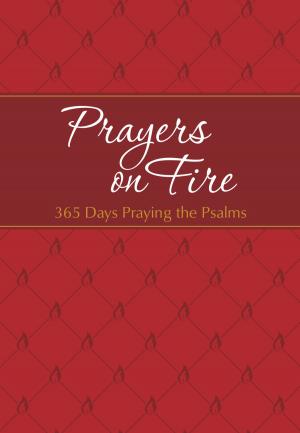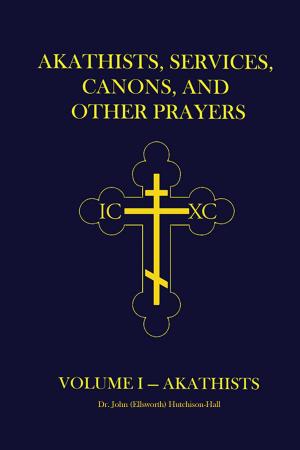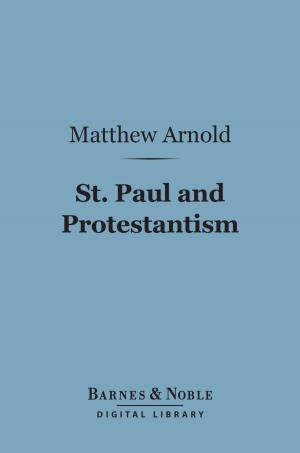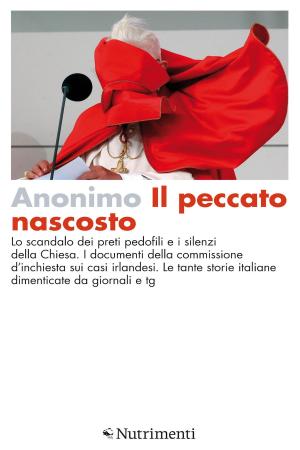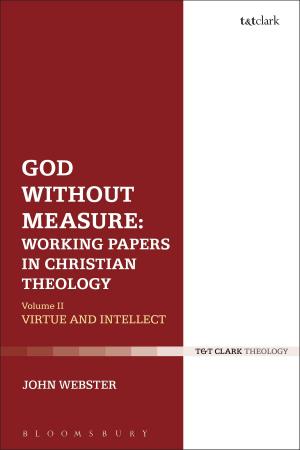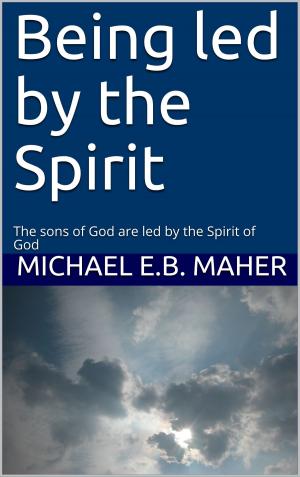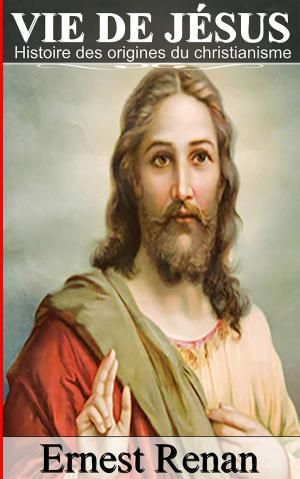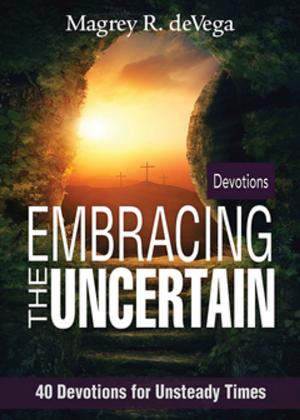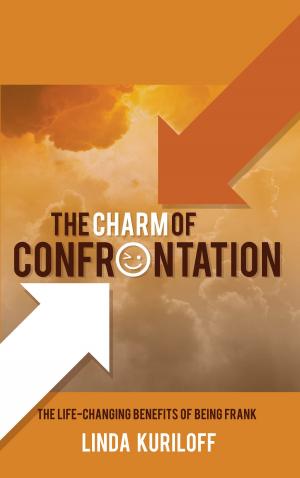| Author: | George G. Garner | ISBN: | 9781941335017 |
| Publisher: | Bogard Press | Publication: | June 1, 2009 |
| Imprint: | Language: | English |
| Author: | George G. Garner |
| ISBN: | 9781941335017 |
| Publisher: | Bogard Press |
| Publication: | June 1, 2009 |
| Imprint: | |
| Language: | English |
This book answers key questions that confront our culture: Why is the Christian worldview superior to those embraced by the secular humanist, religious pluralist, and postmodernist? Does objective, absolute truth really exist? If so, is it knowable? If so, How? What or who caused this universe and all that is in it? What keeps it going? Is there a power that transcends matter, energy, space, and time (MEST)? If there really is an all-loving, all-knowing, all-powerful God, then why is there so much suffering in the world? This work proposes apologetic help by focusing on five key concepts that are stated or implied by the Apostle Paul in Philippians 3:10. Paul states a desire for a deeper knowledge of the person, Jesus. Our study joins Paul’s longing by examining three of Christ’s basic attributes: 1) The Way, 2) The Truth, and 3) The Life. Next, Paul desires to know Christ’s power (a transcendent power, not limited by the matter, energy, space, or time-MEST- of the universe). Finally, in verse ten Paul longs to know the fellowship of Christ’s suffering. Paul acknowledges the reality of suffering and suggests it can have purpose.
This book answers key questions that confront our culture: Why is the Christian worldview superior to those embraced by the secular humanist, religious pluralist, and postmodernist? Does objective, absolute truth really exist? If so, is it knowable? If so, How? What or who caused this universe and all that is in it? What keeps it going? Is there a power that transcends matter, energy, space, and time (MEST)? If there really is an all-loving, all-knowing, all-powerful God, then why is there so much suffering in the world? This work proposes apologetic help by focusing on five key concepts that are stated or implied by the Apostle Paul in Philippians 3:10. Paul states a desire for a deeper knowledge of the person, Jesus. Our study joins Paul’s longing by examining three of Christ’s basic attributes: 1) The Way, 2) The Truth, and 3) The Life. Next, Paul desires to know Christ’s power (a transcendent power, not limited by the matter, energy, space, or time-MEST- of the universe). Finally, in verse ten Paul longs to know the fellowship of Christ’s suffering. Paul acknowledges the reality of suffering and suggests it can have purpose.


